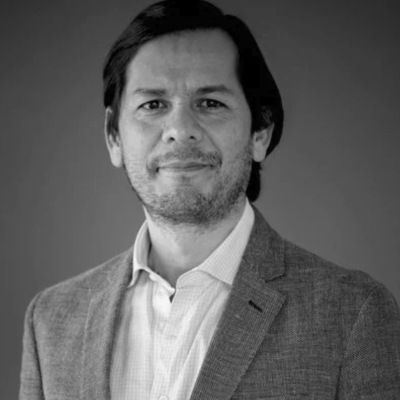

Alejandro Chavez-Badiola
Born and raised in Mexico, Dr. Alejandro Chavez-Badiola is the founder and Chief Medical Officer of Conceivable Life Sciences, the biotech company that has created the world’s first AI-powered automated AURA IVF lab. He is a global leader in fertility medicine and has dedicated his career to advancing fertility care through the fusion of clinical expertise and cutting-edge technology.
After completing his OBGYN training in Mexico at Universidad de Guadalajara, Dr. Chavez-Badiola earned his specialization in Reproductive Endocrinology at Britain's prestigious Hewitt Fertility Centre, the largest IVF unit in the UK’s National Health Service. As part of his clinical training, he studied under two protégés of IVF Nobel prize winner Robert Edwards.
In 2007, driven by a mission to bring world-class fertility care to his homeland, Chavez-Badiola returned to Mexico and established Hope IVF fertility centers in Mexico City and Guadalajara. Under his leadership as Medical Director, these clinics achieved success rates ranking among the world's best, establishing Mexico as a destination for advanced fertility care.
Recognizing that traditional IVF could reach only a fraction of those in need, Dr. Chavez-Badiola emerged as a pioneer in applying artificial intelligence (AI) to fertility medicine. In 2018, he founded IVF2.0, developing groundbreaking AI applications in reproductive medicine that were published in Nature and other leading scientific journals. His innovations laid the foundation for Conceivable's revolutionary AI-powered IVF laboratory: AURA.
As Conceivable's Chief Medical Officer, Dr. Chavez-Badiola is leading a transformation in global fertility care from his base in Mexico. "While traditional clinical practice allows us to impact individual lives profoundly, through Conceivable's innovations, we can extend that impact to millions worldwide," he says. "This is not just about advancing technology – it's about fulfilling Mexico's potential to lead the next revolution in reproductive medicine."